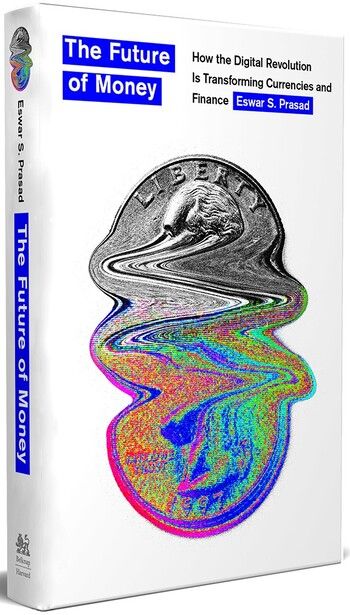[Do check out our extensive bibliographies for more readings.]
If you need to get up to speed on digital assets and the state of the crypto industry, there's no better place to start than a thorough report, released in October 2021, by the Bank of America. Yes, coming from the world of centralized finance, they can be accused of bias and what not. But the report is surprisingly bullish on crypto, while offering plenty of empirical data about all the important facets from NFTs to DAOs to CBDBs. Here is the full 140+ page version; here is a 10 page summary.
In the same vein, Wulf A. Kaal's paper on the evolution of digital asset market (despite its somewhat overly enthusiastic tone) provides plenty of empirical data on what has happened in the past decade.
If you need to make sense of blockchains, Koray Caliskan's Data Money article could be extremely helpful, if only because of the helpful taxonomies it provides (free early version here). The first thing that usually comes up when talking about blockchains is their environmental impact; this 2020 paper by Christophe Schinkus offers an accessible overview of various points and counterpoints in this debate.
To get a solid historical perspective on the novelty of DAOs (here is a good intro of DAOs on Ethereum), head straight to Michael Schillig's recent paper (for the contrasting view that the corporation is not going away in these digital times see this provocative article). Tim Marple asks all the right questions about how digital currencies might transform the agenda of political economy (here is another, somewhat earlier article in the same vein).
For NFTs, to get a sense of what's going on empirically, look at this recent paper that seeks to "map the NFT revolution." Alesja Serada et al's work on the creation of scarcity in CryptoKitties - an important blockchain-based games that popularized the idea of NFTs in the gaming world - is a must-read.
As for book-length treatment, Quinn Dupont's Cryptocurrencies and Blockchains from 2019 remains an indispensible primer. There are plenty of great and accessible new books looking at how the world of money is changing. You can start with Lana Swartz's New Money (especially Chapter 6, on "transactional publics") and Eswar Prasad's The Future of Money.

Camila Russo's The Infinite Machine is an accessible account of the rise of Ethereum written for the general audience. Finn Brunton's Digital Cash, from 2019, is also worth a read, especially for its nuanced historical perspective.

There's a nice little paper debunking the novelty of many technologies behind crypto. Anthropologists have also been busy arguing Bitcoin is like stone money; others have compared Bitcoin mining to silver mining in colonial South America. Jonathan Grossman's historical account of the standardization of money - and how cryptocurrencies improve on it - is another great read.
When the dust settles, it's quite likely that historians will see Yochai Benkler's writings on peer-production as highly influential about the crypto enthusiastis. This recent handbook chapter gives a nice overview of the origins of blockchain philosophy in Benkler's theories.
